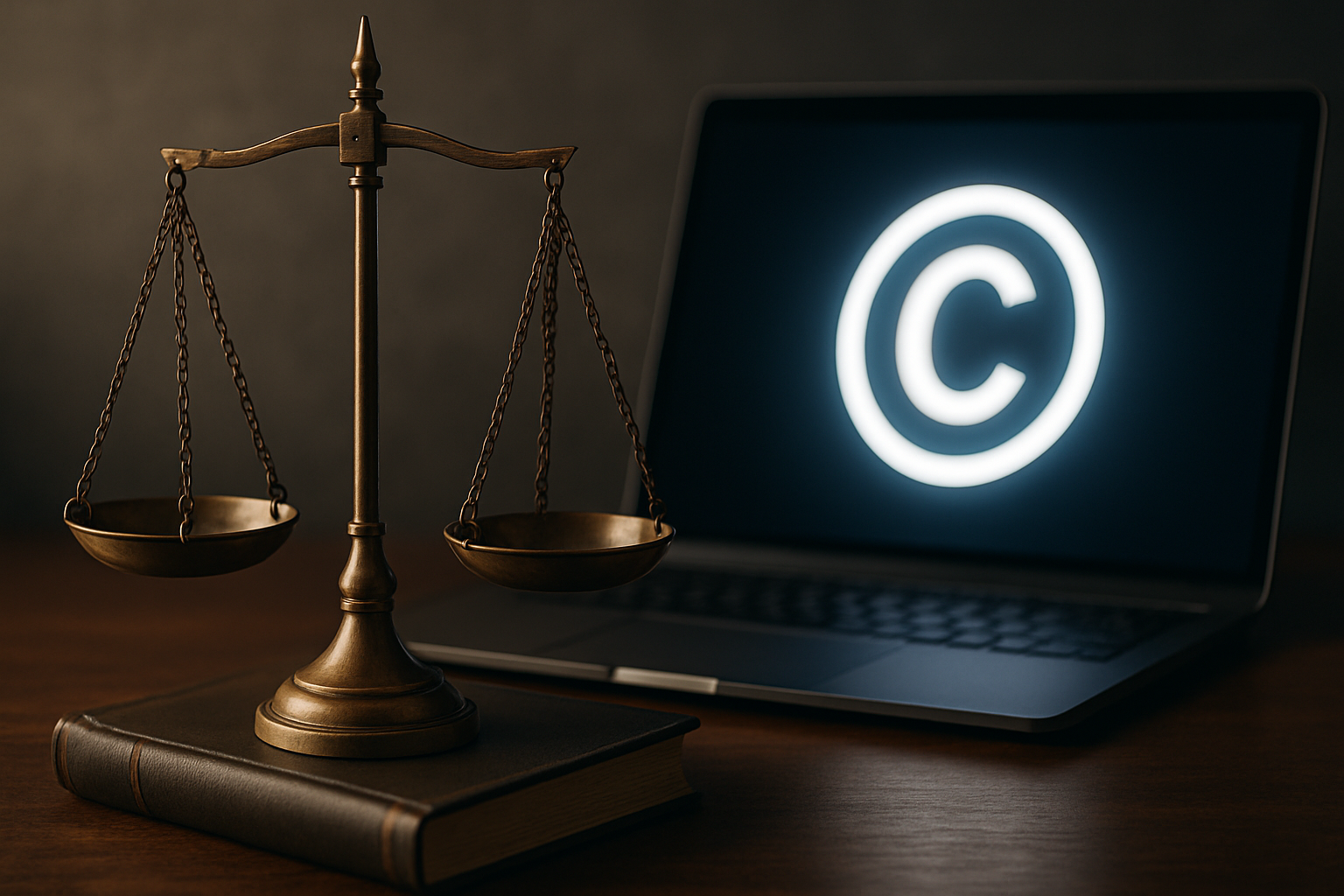The Intricacies of Intellectual Property Law in the Digital Age
Introduction: In the digital age, intellectual property law has become a complex and rapidly evolving field. This article delves into the intricacies of this legal domain, exploring its historical context, recent developments, and societal implications.

Intellectual Property Law: A Historical Overview
Intellectual property law, which encompasses patents, copyrights, trademarks, and trade secrets, has its roots in the Constitution of the United States. The Founding Fathers recognized the importance of protecting the rights of inventors and creators, and this principle has guided the evolution of intellectual property law over the centuries. However, the advent of the digital age has presented new challenges and complexities.
The Digital Age: A New Frontier for Intellectual Property Law
The digital age has revolutionized the way we create, share, and consume content. This has led to significant changes in intellectual property law. For instance, the Digital Millennium Copyright Act (DMCA) was enacted in 1998 to address copyright issues related to digital content. The DMCA introduced the concept of “safe harbor” for online service providers, protecting them from liability for copyright infringement by their users, provided they meet certain conditions.
Recent Developments in Intellectual Property Law
In recent years, there have been several significant developments in intellectual property law. One of the most notable is the Supreme Court’s decision in the case of Google LLC v. Oracle America, Inc. The court ruled that Google’s use of Oracle’s software code in its Android operating system constituted fair use, a decision that has far-reaching implications for software development and the tech industry.
The Societal Impact of Intellectual Property Law in the Digital Age
The evolution of intellectual property law in the digital age has profound societal implications. On one hand, it fosters innovation by protecting the rights of creators and inventors. On the other hand, it raises questions about access to information and the balance between protecting intellectual property rights and promoting the free flow of ideas.
The Future of Intellectual Property Law
As technology continues to evolve, so too will intellectual property law. Legal experts and policymakers must navigate the delicate balance between protecting intellectual property rights and fostering innovation and creativity. The decisions made in this field will shape the future of the digital age, influencing everything from the music we listen to, the movies we watch, and the software we use.
In conclusion, intellectual property law in the digital age is a complex and rapidly evolving field. It is a fascinating area of study that offers a window into the intersection of law, technology, and society. As we move further into the digital age, the importance of understanding and navigating this legal landscape will only continue to grow.





